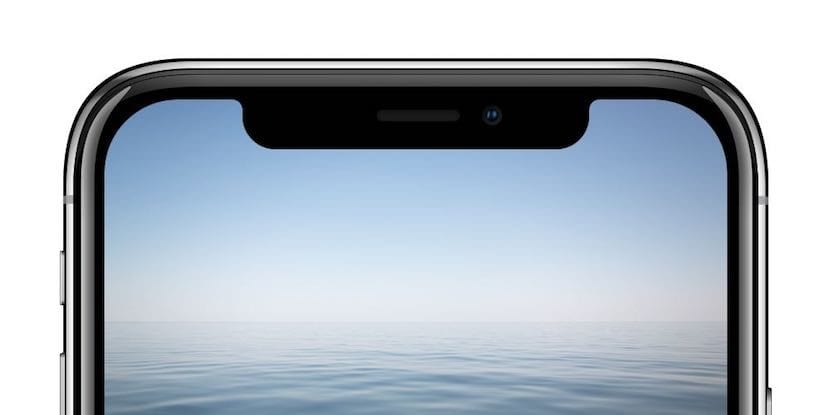
Yes, Apple has set a trend regardless of whoever weighs it in terms of mobile phone fronts during this year 2018. The past Mobile World Congress has revealed more than a dozen terminals that imitate the "notch" of the iPhone X in their designs for almost no apparent reason.
This peculiar way of integrating certain hardware elements into the screen seems to now become quite common. Android P is already in the last stages of its development and this is how Google's operating system plans to adapt to all the available notches.
For example, the Asus Zenfone has this design. The problem is that Android natively is not fully intended for this, which causes numerous misbalances in the corners and even lack of information because it is lost. The reality is that manufacturers have not bothered too much to improve their customization layers, either. However, Google goes out to help its manufacturers, for this it will integrate a selector that allows the design of the upper part of the content to be adapted to these devices that have an overhang without necessarily losing data or the information necessarily being disordered.
This is how the earliest trial versions of Android P are already influencing the necessary APIs to efficiently integrate this salient and even simulate it on those devices that we want. The unfortunate thing is that this arises not from a need but from a taste for plagiarism, since we remember that Apple imposed the "notch" due to the need to include in it all the sensors necessary to make FaceID work, a facial recognition scanner that none of these phones has integrated, not even remotely. In short, copying Apple seems to be cheap, especially considering the huge number of terminals that later sell with this tactic
